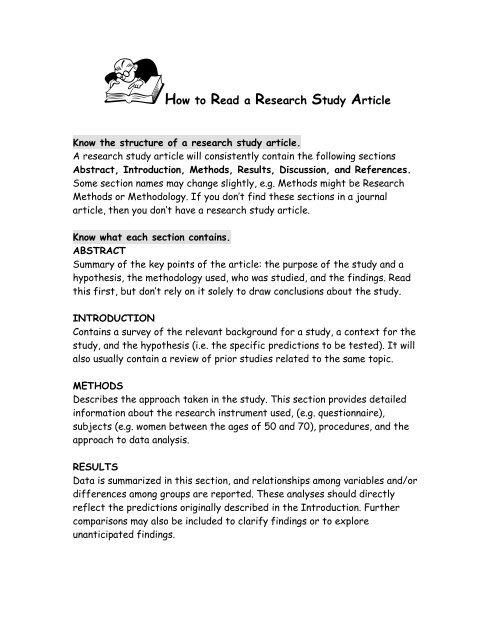Title: Strengthening AfricaŌĆÖs Health Workforce: Empowering Training, Leadership, and the Drive Toward Universal Health Coverage
As Africa faces mounting pressures from its expanding population and increasingly complex public health challenges, the urgency to develop a resilient and skilled health workforce has reached unprecedented levels. The Africa Centres for Disease Control and Prevention (Africa CDC) is leading an innovative initiative designed to bolster healthcare capacity across the continent. This comprehensive strategy not only emphasizes advanced training but also prioritizes nurturing strong leadership within health systems. By tackling systemic obstacles and enhancing workforce proficiency, Africa CDC underscores that achieving universal health coverage (UHC) is both vital for AfricaŌĆÖs future prosperity and achievable through coordinated investment and partnerships. This article explores the core elements of this transformative effort, highlighting how cultivating a capable health workforce can underpin sustainable improvements in African healthcare.
Innovative Training Approaches to Upskill AfricaŌĆÖs Health Professionals
The dynamic nature of healthcare demands in Africa necessitates fresh approaches to education that prepare professionals for diverse clinical environments. Central to this is the implementation of comprehensive training programs combining clinical expertise with community-oriented care principles. These initiatives emphasize immersive practical rotations, exposing trainees to varied healthcare settingsŌĆöfrom urban hospitals to rural clinicsŌĆöthereby deepening their understanding of local disease patterns and social determinants of health.
Partnering closely with regional healthcare authorities ensures these curricula are contextually relevant, addressing specific service gaps while fostering cultural sensitivity among learners. Moreover, digital technology plays an increasingly pivotal role; e-learning platforms enable continuous professional development accessible even in remote locations where traditional training resources are scarce. Establishing robust mentorship networks, linking seasoned practitioners with novices, further supports skill acquisition while inspiring leadership potential.
To guarantee effectiveness, ongoing assessment mechanisms incorporating feedback from both trainees and community beneficiaries are essentialŌĆöfacilitating iterative refinement of educational content aligned with evolving public health needs.
Cultivating Leadership for Resilient Health Systems in Africa
Building sustainable healthcare infrastructures hinges on empowering visionary leaders capable of navigating complex challenges unique to African contexts. Leadership development programs targeting emerging professionals focus on fostering competencies such as strategic governance, stakeholder engagement, and adaptive problem-solving.
These initiatives promote a culture where collaboration thrivesŌĆöencouraging dialogue between government agencies, civil society groups, international partners, and local communitiesŌĆöto co-create solutions tailored for maximum impact. Key components include:
- Mentorship Schemes: Facilitating knowledge exchange by pairing experienced leaders with upcoming talent.
- Capacity Enhancement Workshops: Offering specialized training on management techniques, policy formulation grounded in evidence-based practices.
- Networking Forums: Providing platforms for peer learning through sharing innovations and best practices across regions.
Additionally, alliances with academic institutions grant access to cutting-edge research insights that inform policy decisions while encouraging innovation adoption at grassroots levels. Such multi-sectoral cooperation ensures that trained professionals evolve into effective change agents driving progress toward universal access to quality care.
Strategic Collaboration and Technology To Realize Universal Health Coverage
Achieving UHC across African nations requires synergistic efforts uniting governments alongside private sector players and non-governmental organizations (NGOs). Pooling expertise resources accelerates capacity building among frontline workers equipped to address diverse population needs effectively.
Key strategies include:
- Create Regional Centers of Excellence: Specialized hubs focusing on prevalent diseases like malaria or diabetes provide targeted skills development aligned with regional epidemiology.
- Mentorship Expansion: Scaling mentorship models connects rising leaders continent-wide fostering cross-pollination of ideas.
- Catalyze Cross-Border Partnerships:: Collaborative frameworks facilitate resource sharing addressing transnational health disparities such as infectious disease outbreaks or maternal mortality hotspots.
Technology integration remains indispensable; digital tools enhance education delivery via virtual classrooms while telemedicine bridges geographic barriers improving patient outcomes remotely. Governments should champion policies supporting:
- E-Learning Investments:: Expanding online modules widens reach especially amid disruptions like pandemics.
- Nurturing Local Innovations:: Encouraging homegrown solutions tailored specifically towards community challenges enhances relevance & sustainability.
- MHealth Applications Usage:: Mobile apps empower patients through education reminders & follow-up care coordination improving adherence rates significantly.
| Approach | Impact & Advantages |
|---|---|
| Regional Centers Of Excellence | Focused skill-building addressing localized disease burdens |
| Mentorship Networks | Leadership cultivation coupled with experiential knowledge transfer |
| Digital Innovation Adoption | Enhanced accessibility plus efficiency gains in service provision |
Conclusion: Strengthening AfricaŌĆÖs Health Workforce For A Better Future┬Ā┬Ā
In summary, fortifying the continent’s health workforce transcends being merely a strategic priorityŌĆöit represents an indispensable foundation upon which healthier societies will be built throughout AfricaŌĆÖs future generations. As demonstrated by ongoing efforts led by the Africa CDC emphasizing comprehensive training combined with leadership empowerment initiatives,the vision toward universal health coverage becomes increasingly tangible.
By investing decisively in human capital development alongside fostering collaborative ecosystems involving governments,research institutions,and communities,Africa can surmount persistent obstacles including rising chronic illnessesŌĆöwhich now account for nearly 40% of deaths according to recent WHO dataŌĆöand fragile infrastructure alike.This collective commitment promises resilient systems delivering equitable quality care accessible by all citizens regardless of location or socioeconomic status.The journey ahead demands sustained dedication but holds immense promise; together,Africa stands ready not just envisioning but realizing universal healthcare as an attainable reality rather than distant aspirationŌĆöthe moment for decisive action has never been more critical.







